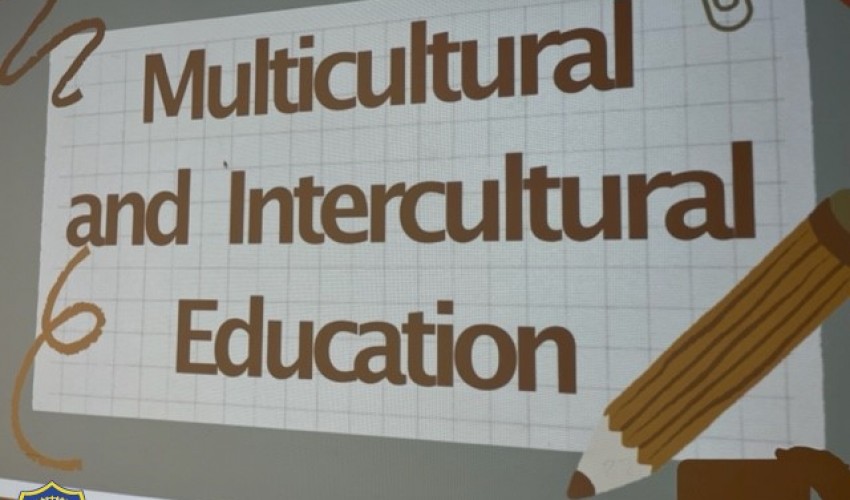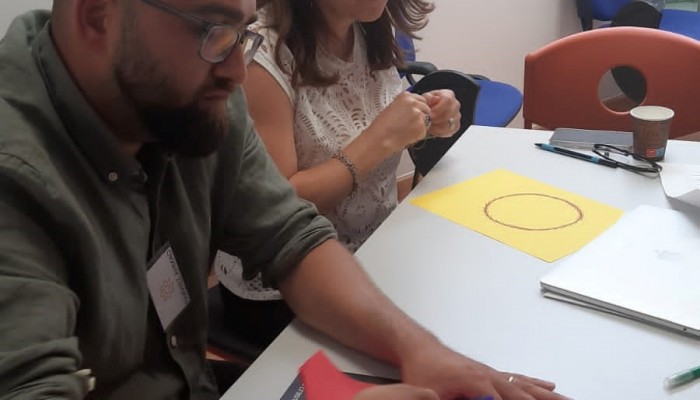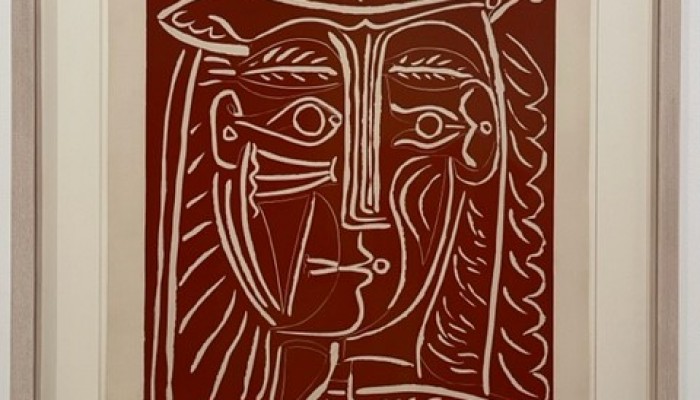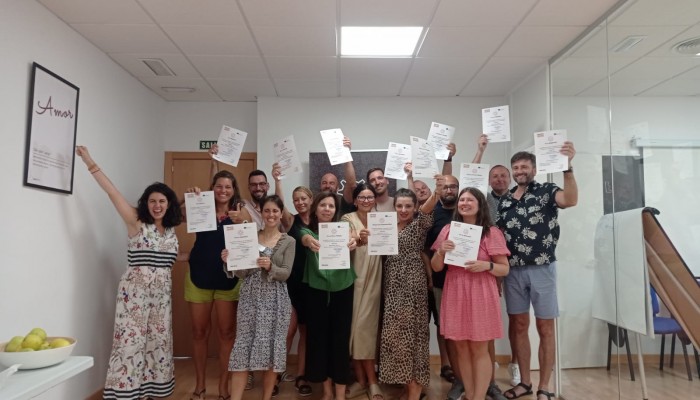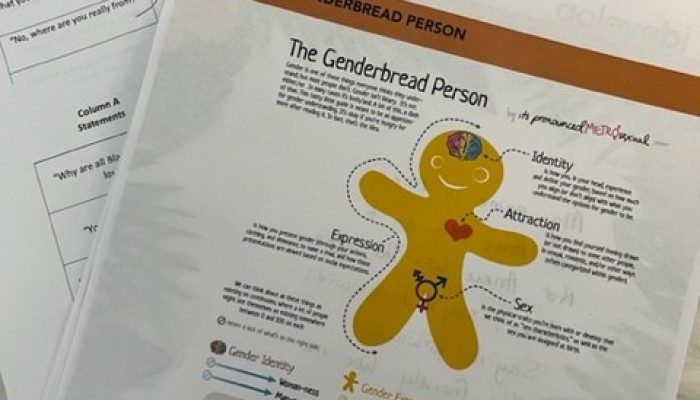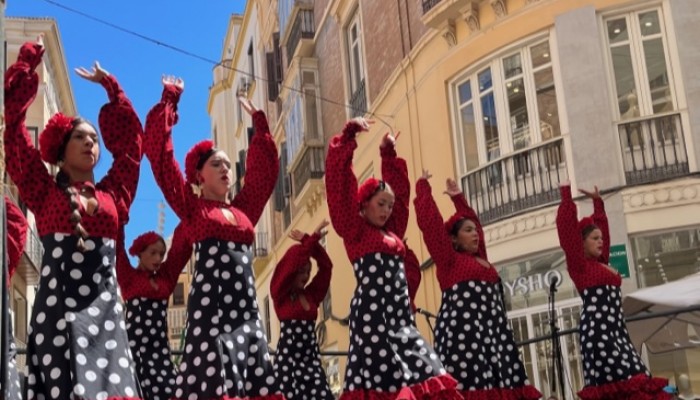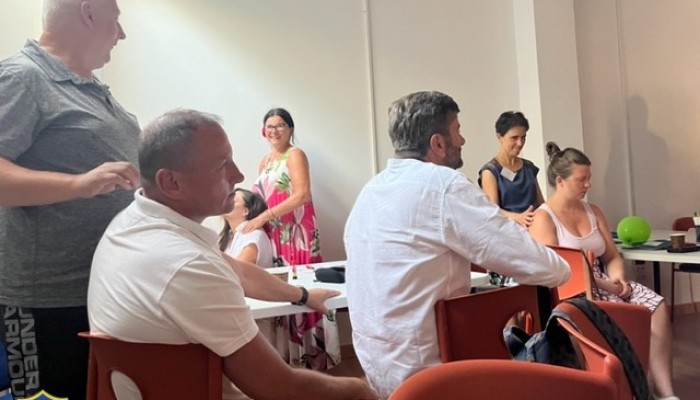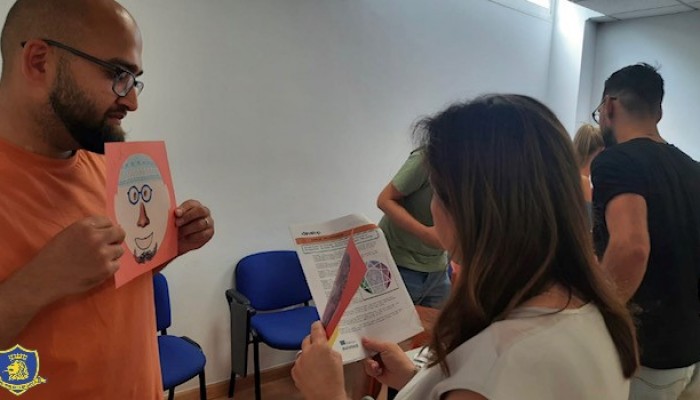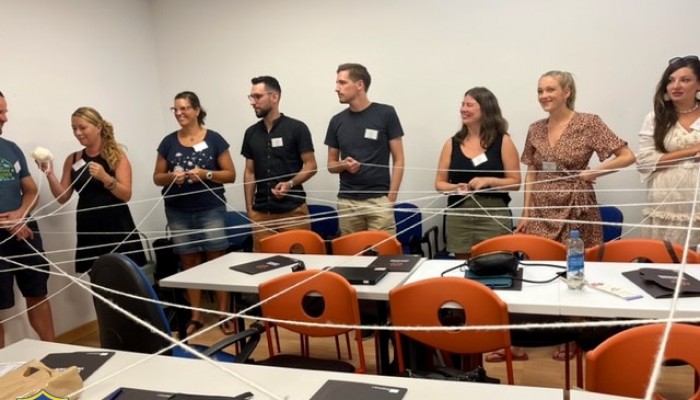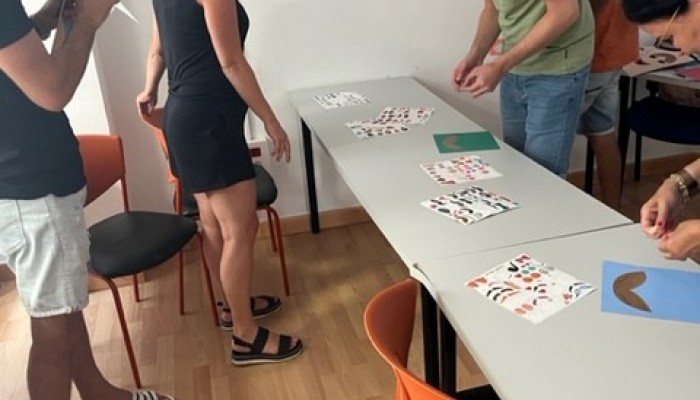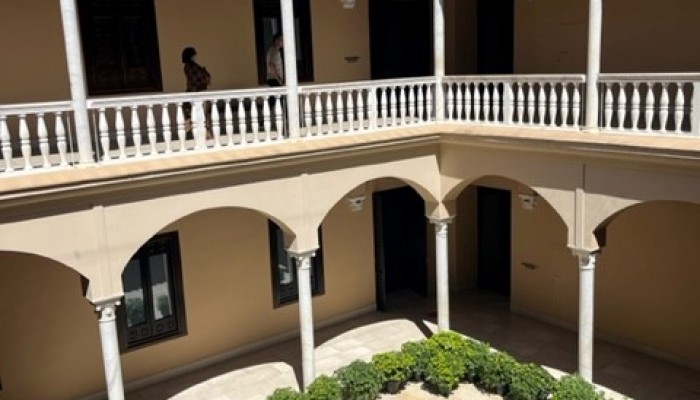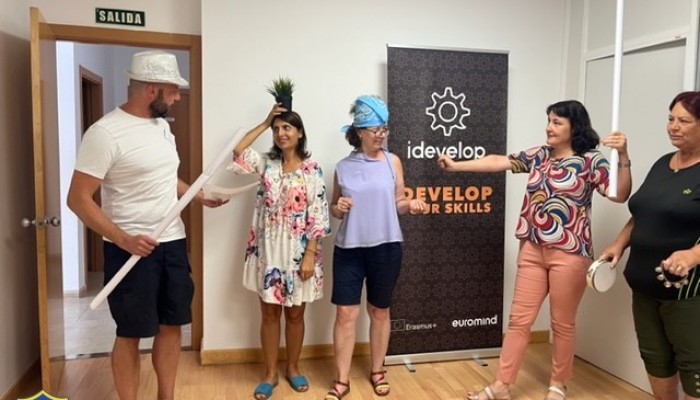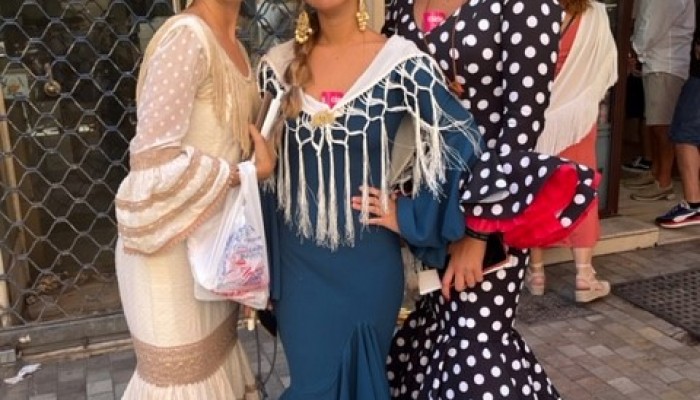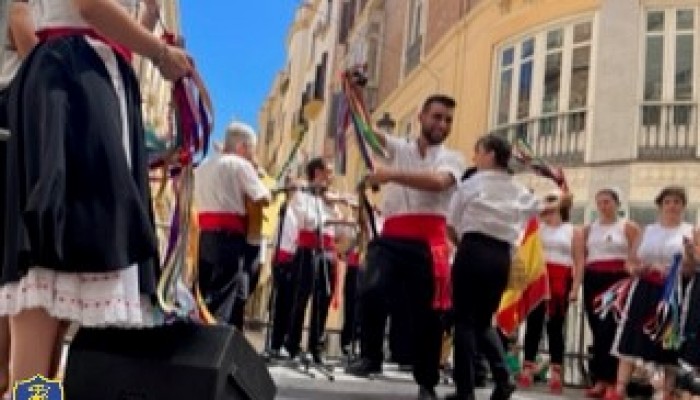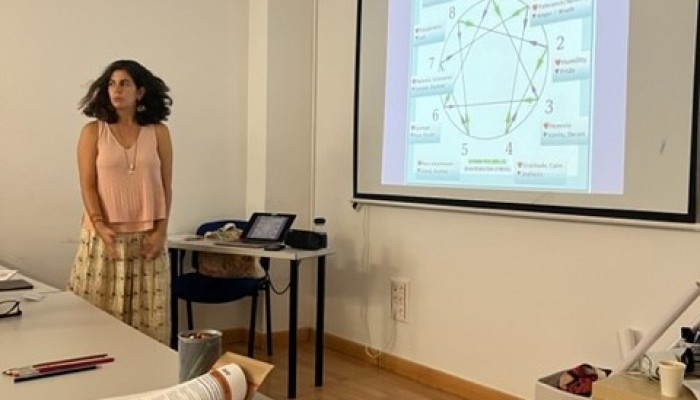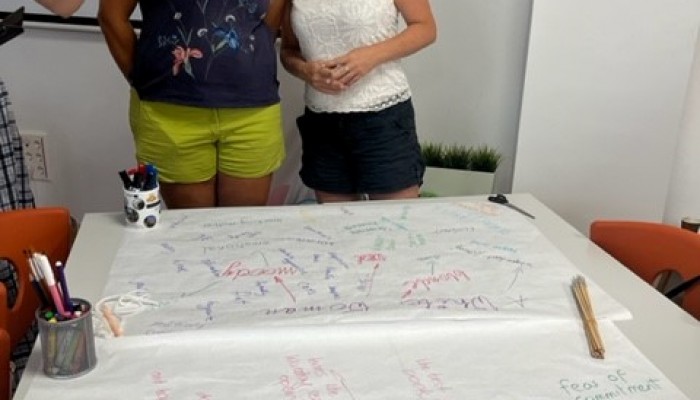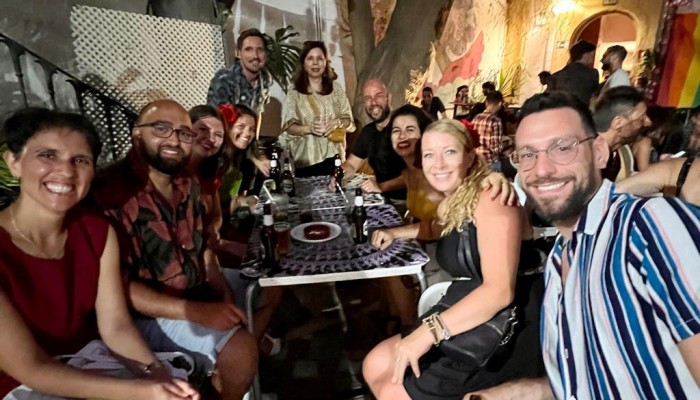Erasmus+ Staff training in 'Multicultural and Intercultural Education'
How can we work towards integration and on celebrating diversity and differences between our students?
A five-day Erasmus+ training in Multicultural and Intercultural Education began on Monday 15th August in Spain's beautiful city of Malaga for Mrs Anne-Marie Tellalis (Assistant Head), a staff training mobility within the framework of the Erasmus+ Accreditation program.
Day 1:
As well as getting to know the 19 participants of the course, participants discussed practical strategies for debating implicit bias in class, the importance of names, and the need for teacher self-care. Malaga has a rich cultural history, this week celebrated in the Feria de Agosto ("August Fair") with street performances and fiesta in the city's historic centre. A fine example of cultural heritage being passed on through generations through music, dance and poetry.
Day 2:
What is the Enneagram and how can we utilise it in school?
By understanding the 9 Enneatype personalities, as well as the connections between them, we can build acceptance, tolerance and empathy with students and colleagues.
Practical uses of this were introduced and shared, as well as discussion and troubleshooting.
The feria continues! One week of cultural displays in Malaga, where people from all over Spain come to dance flamenco. Groups of all ages can be seen dancing and enjoying the festival in colourful traditional costumes.
Day 3:
We explored micro aggression and how to deal with it in a school context.
This can be defined as a statement, action, or incident regarded as an instance of indirect, subtle, or unintentional discrimination against members of a marginalized group such as a racial or ethnic minority. Through a variety of exercises and practical workshops we unravelled society's pre-conceptions and our own exposure to media and cultural bombardment.
Malaga is the birthplace of the artist Picasso, and although he spent most of his life in France, his birthplace houses a modest but impressive collection of his work from all eras of his style. In many ways, Picasso invites us to view conventional art forms in a completely new and fresh way, much like we have been doing with multi culturalism and inclusion.
Day 4:
"The Genderbread Person" is a way of introducing a discussion about traditional gender stereotypes as well as differences between gender and identity.
We looked at current educational literature on the subject, as well as popular films and role models in order to initiate discussions with students.
We ended the day in a fun way by discussing attachment using role play and drama to illustrate relationships.
Multicultural education starts with teachers, at this course we have colleagues from Slovenia, Poland, Norway, Romania, Italy and of course Cyprus, led by Iris who is from Madrid, Spain. It has been valuable exchanging ideas and learning about other educational systems, comparing common problems as well as solutions.
Day 5:
“Embodiment means we no longer say, I had this experience; we say, I am this experience.”
On our last day we explored empathy and gratitude, with more exercises focusing on embodiment.
It has been a fantastic week in Malaga, with new ideas formed and friends made. Celebrating the Feria with the people of Spain has been an eye-opening experience and brought this culture even closer to our own European identity. Gracias por todo!
